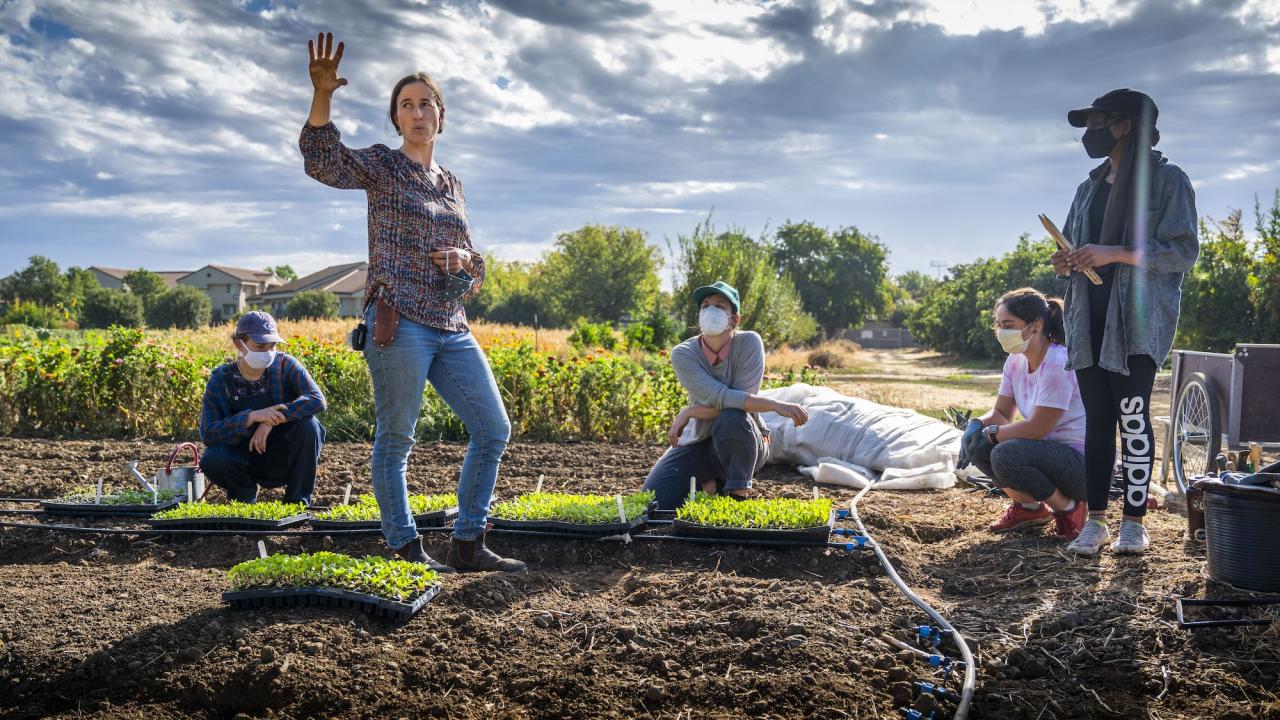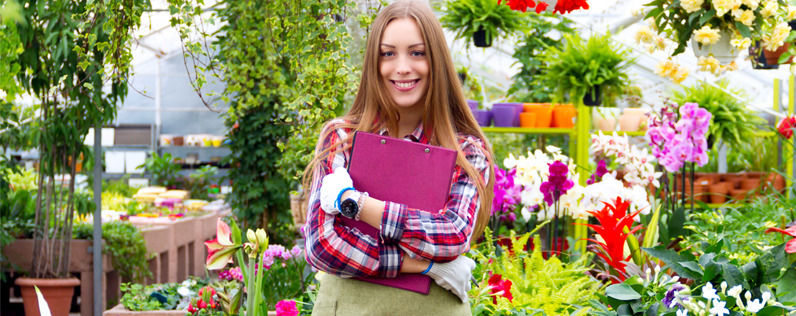Change Your Environment-friendly Area: A Comprehensive Overview to Gardening Tips for Beginners
Wiki Article
Growing Eco-friendly Thumbs: a Newbie's Trip Into the World of Gardening
Are you anxious to get your hands unclean and begin growing your own garden? Look no more! In this write-up, we'll take you on a novice's journey right into the globe of horticulture. You'll learn about picking the right plants, recognizing soil and compost, and essential gardening devices. We'll also educate you watering and feeding strategies and just how to deal with common garden pests. Prepare yourself to grow your environment-friendly thumb and see your garden grow!Selecting the Right Plants
You need to assess your gardening room and identify the number of plants that will certainly fit comfortably. Measure the measurements of your garden beds or pots and calculate the offered room. Think about the fully grown dimension of the plants you plan to expand.Once you have a clear idea of your gardening room, it's time to choose the appropriate plants. Assume regarding what you delight in consuming or what flowers you discover most appealing. Take into consideration the climate and sunshine problems in your location. Specific plants prosper in full sun, while others like partial color. Make note of any kind of microclimates in your yard, such as areas that receive a lot more or less sunlight than the rest. This will assist you choose plants that are fit to your certain problems.
It's additionally important to consider your level of gardening experience. Decide for plants that are easy to expand and require marginal maintenance if you're brand-new to horticulture. Herbs like mint, basil, and rosemary are forgiving and perfect for beginners. Additionally, consider the size of your growing period. Pick plants that have a shorter maturity duration if you stay in a region with a shorter expanding season.
Recognizing Soil and Compost
Soil is the structure of your garden, providing nutrients, water retention, and support for your plants. It is crucial to have an excellent understanding of your dirt type, whether it is sandy, clayey, or loamy, as this will determine the types of plants that will certainly prosper in your garden. Keep in mind, a healthy and balanced and productive soil is the key to an effective yard, so take the time to understand your soil and include compost to guarantee your plants grow.
Important Gardening Tools
Now that you comprehend the significance of soil and garden compost, allow's discover the vital horticulture devices you'll need to grow your eco-friendly sanctuary. One of the a lot of standard tools you'll require is a garden trowel. This little portable device is ideal for excavating small openings, hair transplanting seedlings, and scooping dirt. An additional important device is a garden fork. This durable tool is utilized for loosening dirt, separating clumps, and transforming garden compost. A great set of horticulture handwear covers is a must-have to protect your hands from thorns, irritable plants, and dust. Look for handwear covers that are long lasting, breathable, and offer a great hold. A garden pipe or watering can is important for keeping your plants moistened. Pick a hose with a spray nozzle that enables you to adjust the water flow and pressure. A strong pair of pruning shears or secateurs is vital for trimming and shaping your plants. Search for shears with a sharp blade and comfy handles. Finally, a yard rake works for leveling soil, getting rid of particles, and spreading mulch. With these necessary devices in your gardening toolbox, you'll be well-appointed to develop and maintain your green oasis.Watering and Fertilizing Strategies

Handling Common Garden Pests
As a newbie garden enthusiast, you may run into typical yard insects that can ruin your plants. These parasites can range from bugs like beetles, caterpillars, and aphids, to tiny animals like bunnies and squirrels. It's vital to be able to deal and recognize with these insects efficiently in order to shield your plants and guarantee an effective garden.One of the very first steps in taking care of garden pests is to routinely inspect your plants for any kind of indicators of problem. Seek eaten leaves, openings in the vegetation, or the visibility of small insects. It's crucial to take action instantly to stop them from spreading and triggering further damages. if you detect any parasites.
There are a number of approaches you can utilize to control yard bugs. Additionally, there are organic insect control sprays readily available that can help discourage and get gardening tools for beginners rid of usual yard bugs.
Keep in mind, avoidance is essential when it comes to handling yard insects. Keeping your yard clean and complimentary of particles can help in reducing the likelihood of an infestation. Frequently removing weeds and dead plants can likewise assist remove hiding locations for parasites.

Verdict
Congratulations on finishing your novice's journey into the world of horticulture! By selecting the right plants, recognizing soil and garden compost, using necessary horticulture tools, and mastering watering and feeding techniques, you have set yourself up for success. Do not neglect to remain attentive in managing typical garden pests to guarantee your plants grow. With your newfound expertise and environment-friendly thumbs, your garden will certainly flourish and bring you countless happiness and beauty (home gardening for beginners). Pleased gardening!Dirt is the structure of your yard, providing nutrients, water retention, and assistance for your plants. It is vital to have a good understanding of your dirt kind, whether it is sandy, clayey, or loamy, as this will certainly establish the kinds of plants that will certainly thrive in your yard. Bear in mind, a healthy and abundant soil is the essential to a successful garden, so take the time to recognize your soil and include garden compost to ensure your plants prosper.
As a newbie gardener, you might encounter typical garden pests that can create mayhem on your plants. It's vital to be able to deal and determine with these bugs effectively in order to safeguard your plants and guarantee an effective yard.
Report this wiki page